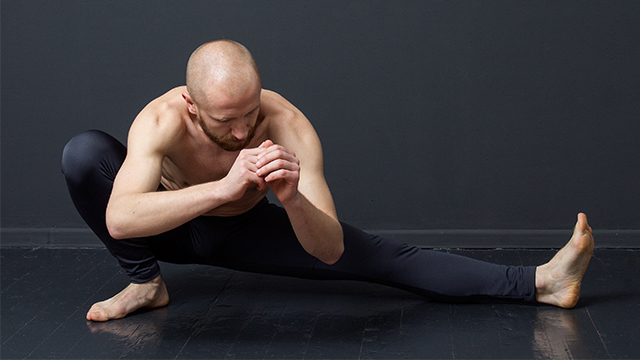“I Can’t Hear You!”: 5 Tips for Projecting During Your Performance
Written by Ashleigh Gardner
July 11, 2017
Low volume. It’s a common problem among actors, and let’s face it, it makes an otherwise stellar performance seem lackluster if the audience can’t hear a word the actor says. To prevent your director from yelling at you, the audience from cupping their hand to their ear, and the reviewer from writing you off as an inaudible actor, follow these five tips to make sure you’re heard from the front row to the back.
1. Remember that projecting is using vocal/physical strength not shouting.

We know what it sounds like when a person shouts, right? It’s loud, it’s shrill, and it’s jarring. Yelling and shouting exists at a higher pitch in your register, but projecting exists at a lower, more lush and grounded pitch (where your natural speaking voice rests). While yelling and shouting uses your throat and can damage your vocal chords; projecting uses the diaphragm (a muscle at the bottom of your stomach right above your belly button) and the strength of your abdomen to push air out. You want the latter, and in order to get there, you’ve gotta…
2. Warm up your body.

Just like an orchestra warms up before a symphony, you’ve gotta do the same with the tool you use to perform. Do stretches, a few crunches, jumping jacks, anything you need to do to warm up your instrument. In addition to doing physical exercises, you should also do breath support exercises. These may consist of breathing in for 3, breathing out for 3, breathing in for 4, breathing out for 4, and so on. You can also lie on your back, take a deep breath in, and release an “s” sound, then breathing in again, taking more time to release the “s” sound every time. Last, try standing, taking in a deep breath, and saying the letters of the alphabet with a breath each, every time getting louder and louder until you reach Z. But remember! Don’t yell. Project. Use that diaphragm.
3. Warm up your voice.

Here’s the time to use the entire range of your voice to warm up every possible note you could speak during your performance. There are tons of great vocal warm ups (a friend also developed one based on Patti LuPone’s infamous tirade against a picture-taking audience member — with a tad bit of profanity at the end). My favorite I learned from Sarah Hankins at the Orlando Shakespeare Theater in the summer of 2005 is below:
Start with your upper register, and say the letter “A” (hold it out), and imagine the sound coming from the top of your head. Then move to the letter “E” (hold it out), and imagine the sound coming from your eyes and your nose. Move to the letter “I” (hold that out, too), and imagine the sound coming from the range of the back of your throat. Onward! Letter “O” (keep holding that vowel), and imagine that sound coming from your chest. Finally, letter “U” (hold it!), and imagine the sound coming from the bottom of your belly — or your diaphragm. Do this process a few times until you can fluidly move from top (A) to bottom (U) and bottom to top.
4. Stand up straight.

You can’t sing very well when you slouch, right? So stand up straight! This allows you to take more air into your lungs and hold a breath for longer periods of time, thus giving you the chance to be louder and clearer with your words.
5. Open your mouth.

The more space you have in your mouth, the louder you’ll be. An open mouth acts as a resonator like the inside of a guitar acts as a resonator for the sound of strings being strummed. Think of the opposite: when you whisper, you make your mouth as small as possible, right? Think about how loud you can be when your mouth is open.
Need some advice? We’ve got you covered.
- 10 Basic Rules of Stage Combat (That Keep Everyone Safe)
- 5 Advantages of Learning Stage Combat
- Don’t Be a Diva: Common Pitfalls and How to Avoid Them
- 9 Articles of Clothing Every Thespian Should Keep In Their Wardrobe
- What Makes an Actor Website WOW?
- “Is my attitude not getting me roles?” And Other Essential Questions for Actors
- 6 Steps to Memorizing Shakespeare
- 10 Tricks to Staying Healthy All Season Long
- What Does It Take to Break Into Voiceovers?
- 5 Tips for Nailing Your College Music Theatre Audition
- 10 Tips on Owning the Room at Competition
- How to Balance Theatre and Coursework
- The 10 Secrets of Great Understudying
- 10 Items Every Actor Should Carry in Their Rehearsal Bag
- 10 Items Every Dancer Should Keep in Their Rehearsal Bag
